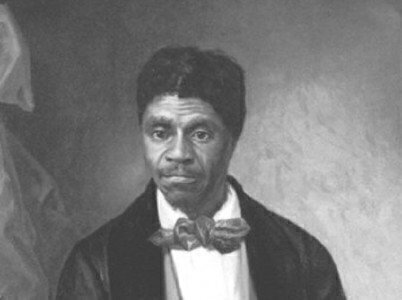In 1846, Dred Scott, a slave, and his wife filed a suit against Irene Emerson (maiden name Sanford) for their freedom. Born into slavery in Virginia, Dred Scott was eventually purchased by John Emerson in St. Louis. Slavery had been prohibited in these territories due to the Missouri Compromise of 1820.. Irene Emerson hired out the Scott family when John Emerson died, and it was then that Dred Scott sued for his freedom. Scott had lived in free territories, yet he was still considered the property of the Emersons. Nonetheless, Chief Justice Roger Taney ruled on the side of Sanford. He denounced the legal ability of Dred Scott to sue in the first place, saying even though some states may grant African Americans state citizenship, this does not relate to national citizenship.. unconstitutional. Roger Taney ignored the precedent set as a result of the Missouri Compromise of "once free, always free" and made a questionable decision that many considered unconstitutional--a questionable decision that eventually led to the civil war.

the Dred Scott decision is similar to Plessy v Ferguson, which upheld segregation saying "separate but equal" this was also later deemed unconstutional.
No comments:
Post a Comment